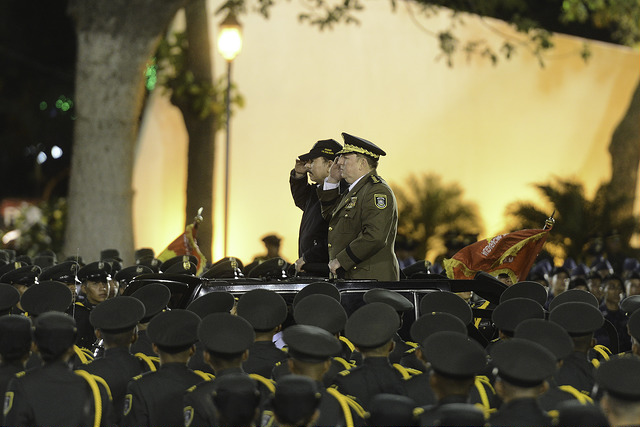The attacks of the military alliance began on March 24, 1999 and lasted until June 11 of the same year with a balance of 2,500 fatalities, including 88 children.
More than 200 bombs fell on this capital and between 10 and 15 tons of depleted uranium were also dropped, causing an environmental disaster and multiplying by five the cases of oncological diseases.
The total number of projectiles detonated is estimated at 14,000 with a balance of more than 6,000 wounded.
Faced with the present memory of that fact, the Serbs marched through the streets of Belgrade chanting slogans such as “we are against NATO” or “Russians and Serbs are brothers forever.”
The crowd arrived at the Russian Embassy here to express their solidarity and support for the special operation that the Kremlin deployed in Ukraine, and their opposition to the expansion plans of the Atlantic Alliance towards Eastern Europe, reports national television.
The Russian ambassador to this country, Alexander Botsan-Kharchenko, together with war veterans, laid wreaths at various monuments in the city dedicated to the victims of that aggression.
Twenty-three years after that genocide, NATO’s expansionist intentions led to what the world knows today as the conflict in Ukraine, a conflict that began in late February and has already caused the displacement of more than three million people outside of that country.
Another six million sought refuge beyond the conflict zones in that nation, whose government whipped the people’s republics of Donetsk and Lugansk for more than eight years.
The Russian deployment in the Donbass territories responded to a request from those governments in the face of the increase in attacks by kyiv and neo-Nazi and far-right nationalist armed groups.
Despite the fact that Moscow warned that the operation is not directed against civilian installations and that the main objective is to “demilitarize and denazify” Ukraine, several packages of measures weigh on the Eurasian country today with the declared purpose of economic suffocation.
Again NATO, the Group of Seven, and the European Union held extraordinary meetings to analyze the course of events there, but first they sent thousands of soldiers to neighboring countries, the same ones that today host Ukrainian refugees.
jha/ehl





